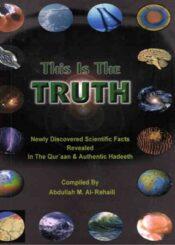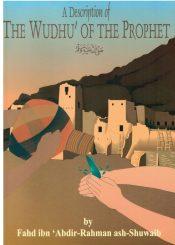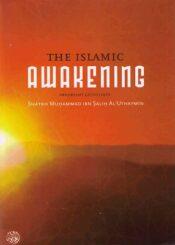The Islamic System of Judiciary in the Quran
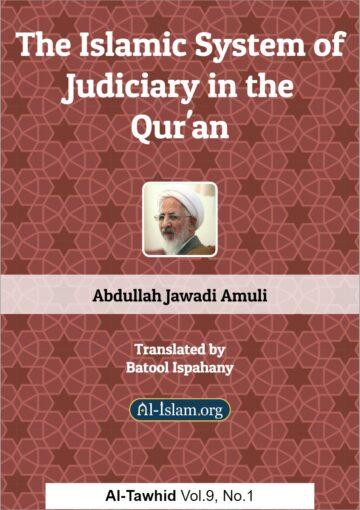
The Islamic System of Judiciary in the Quran
Author :
Interpreter :
Publisher :
Publish number :
First
Number of volumes :
7
(0 Votes)
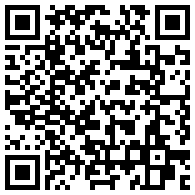
(0 Votes)
The Islamic System of Judiciary in the Quran
It has been stipulated in fiqh that adjudication has certain criteria which the judge may not violate. These include: evidence or oath, the oath given on weak and inconclusive evidence (qasamah in cases of lawth), the knowledge of the judge, or admission, where the judge not able to give a positive or negative judgement violating them. He may resort to drawing lots only when there is a conflict of rights, not in order to determine and reveal the ruling but to make a division and in cases which are similarly doubtful. The matter is elaborated in legal works. It has been pointed out that drawing lots has a basis in the Noble Qur'an, and to mention it here is not without benefit. God, the Exalted, has said: "For thou wast not with them, when they were casting quills which of them should have charge of Mary; thou wart not with them, when they were disputing." (3:44) "… And cast lots, and he was of the rebutted." (37:141) The last verse means that Jonah was a loser in the casting of lots when his arrow appeared, and he was thrown into the sea and swallowed by the whale. That has no connection with adjudication because of the general character of the act of drawing lots. Nevertheless, it has some relation to it and so must be indicated here. The difference between the rulings of Dawud (A) and Sulayman (A) on tillage-"when the sheep of the people strayed there" (21:78)may come to one's mind Sometimes their difference is attributed to ijtihad, and at other times to the revelation to Sulayman which abrogated the ruling of Dawud. I say: With regard to Divine judgement, there is no scope for a prophet to perform ijtihad according to personal judgement and reflection. In addition, God, the Exalted, has said: "And We made Sulayman to understand it." (21:79) This suggests that the `understanding' was the result of Divine inspiration. Similarly, that which was given to Dawud, peace be upon him, was from God, the Mighty and Sublime, since God gave him "wisdom and speech decisive (fasl al-khitab)." (38:20). It is said that by fasl al khitab is meant the rule that evidence lies with the claimant and oath upon the denier. As for the abrogation, it has perhaps not been established because of the possibility of both the judgements being correct though Sulayman's ruling was more beneficial and proper with regard to the litigants.

